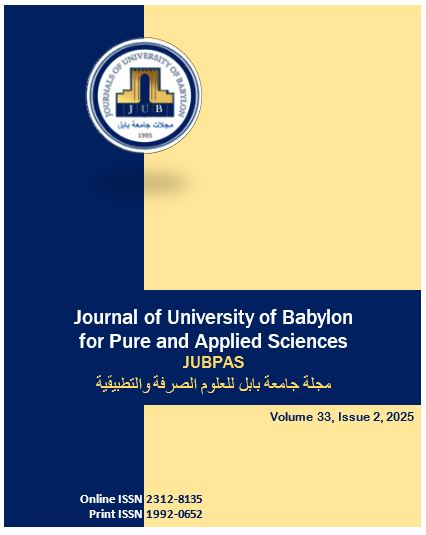Effects of Aqueous Extract of Black Cumin on Cholesterol and Total Protein Levels (albumin and globulin) in Male Healthy Rabbits
Main Article Content
Abstract
Background: Black cumin (Nigella sativa L.) is a medicinal and aromatic herb from the Ranunculaceae family, traditionally used for its health benefits. It supports immune function, enhances brain activity, and offers protection against various chronic diseases. This study aimed to investigate the effects of black cumin on cholesterol and total protein levels (albumin and globulin) in healthy male rabbits.
Materials and Methods: Twenty-four healthy male New Zealand rabbits (5–6 months old, weighing 1200–1500 g) were divided into six groups. One group served as the control, while the other five received increasing doses of aqueous black cumin extract: 80, 130, 180, 230, and 280 mg/kg body weight per day. Blood samples were collected to assess serum cholesterol, total protein, albumin, and globulin levels after dosing.
Results: Cholesterol levels significantly decreased in the 80 and 130 mg/kg groups, while higher doses (180–280 mg/kg) caused a significant increase. Total protein levels were significantly elevated in groups C, D, and E, with the highest in group E (90.4 ± 1.4) compared to the control (70.6 ± 0.85). Globulin also increased in group E (280 mg/kg), while albumin levels showed no significant changes.
Conclusion:Low doses of black cumin reduced cholesterol levels, whereas high doses increased them. Total protein and globulin levels increased, while albumin remained unchanged.
Article Details
Section

This work is licensed under a Creative Commons Attribution 4.0 International License.
